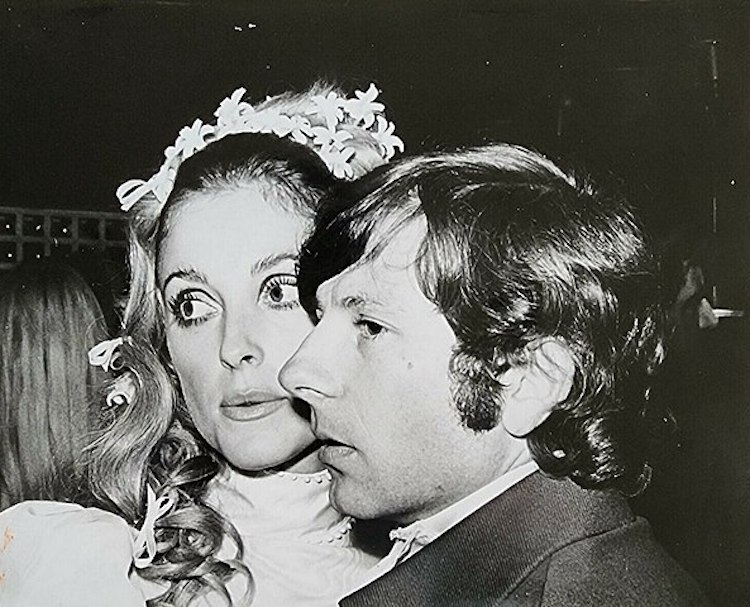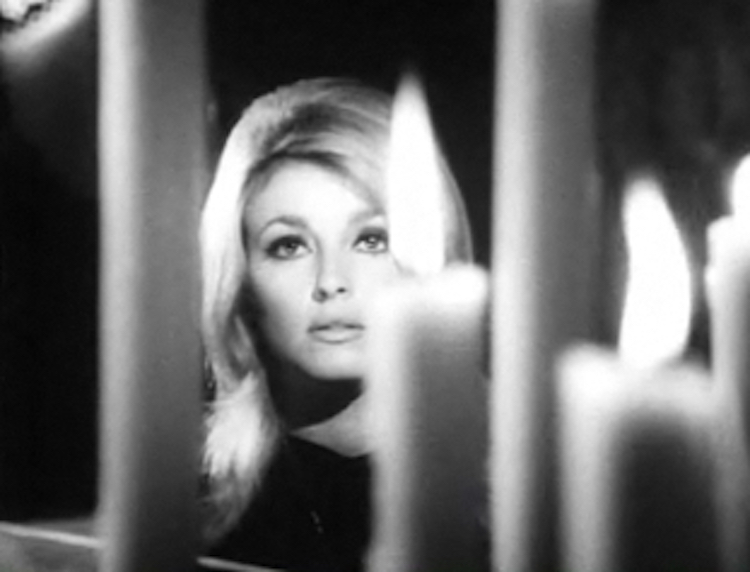Remembering Hollywood’s Golden Girl: Sharon Tate
Hollywood’s golden girl, Sharon Marie Tate Polanski, was an up-and-coming star ready to take Hollywood by storm. Once a beauty queen, and then an actress and model, Sharon Tate had a lot going for her and many others agreed.
No one knows what could have come from her career had she not been a victim of the gruesome murders of the Manson Family. The cruel and wicked ways of the cult group, took away a life with great potential, leaving fans of Tate stunned. Although they took her life, they still did not dim the light she brought into many hearts. Here’s to remembering Hollywood’s golden girl, Sharon Tate.

The Rise Of A Beauty Queen
Sharon Tate was born on January 24, 1943, in Dallas, Texas, to a family of three. Due to her father’s career in the military, Tate had to constantly relocate as a child, which resulted in Tate struggling to make friends. Regardless of her reserved nature, Tate caught the eyes of many, winning several beauty pageants, as well as Homecoming and Prom Queen.
Sharon Tate made her film debut in 1961, as an extra for Barabbas and obtained minor roles in shows like The Beverly Hillbillies. All her hard work paid off eventually as she landed her first big role in a motion picture titled Eye of the Devil. At only 26, her success was not surprising as she was breathtakingly beautiful and an amazing actress. Sharon Tate was surely what every girl wanted to be and what every guy wanted to have.

A Fairy Tale Romance
Roman Polanski and Sharon Tate’s romance almost felt as though it came out of a storybook. Meeting on the set of the famous director’s film The Fearless Vampire Killers, Tate and Polanski’s romance blossomed.
Peter Evans, a photographer, had this to say: “the imperfect couple… cool, nomadic, talented, and nicely shocking.” And before long, Tate was pregnant with their first child. As a celebrated actress and a wife to a famous director, Tate was living the dream. But her most important dream was to settle down and live a peaceful life with her new family.

What Happened That Fateful Night
It was the morning of August 8, and after a long phone call with her husband, Tate was disappointed that Polanski wasn’t returning from London. Angry, she told him that if he didn’t make it home for the party she had planned for him, their marriage would be over. Tate wanted to have her family together, which was critical as she was eight-and-a-half months pregnant at the time.
Sharon Tate, along with her four friends, Jay Sebring, Wojciech Frykowski, Abigail Folger, and Steven Parent, were the unfortunate victims of the Manson Family killings that night. Sharon was visibly pregnant when she was murdered at Polanski’s Los Angeles home. The lives of Sharon Tate, her unborn child, and her four friends were taken too soon.
The Manson Family Murders
At the height of the Manson Family killing spree, California was panic-stricken. The Manson Family continued their terror-filled murders, with more lives being senselessly taken away solely to fuel the narcissistic dreams of Charles Manson. However, it was not long before the Manson Family members were arrested for an unrelated crime.
It was while in prison, that Atkins, one of the killers, confessed his connection with the horrific murders at Tate’s home. Eventually, Atkins and the other suspects, Kasabian, Watson, Krenwinkel, and Van Houten were indicted. Much to the relief of the public, the murderers were found guilty in 1971 and received the death penalty for their crimes.

Symbol Of Victims’ Rights
In 1982, Doris Tate, mother of Sharon Tate, worked to enact the Victims’ Bill of Rights, which allowed for victim impact statements. Two years later, during the parole hearing of Watson, one of Tate’s murderers, Doris asked “What mercy, sir, did you show my daughter when she was begging for her life?”
This became the first victim impact statement ever spoken in California. Since then, these statements have become an integral part of court proceedings. Doris Tate made sure that her daughter would not be seen solely as a murder victim, but as a beacon of hope, symbolizing victims’ rights.

